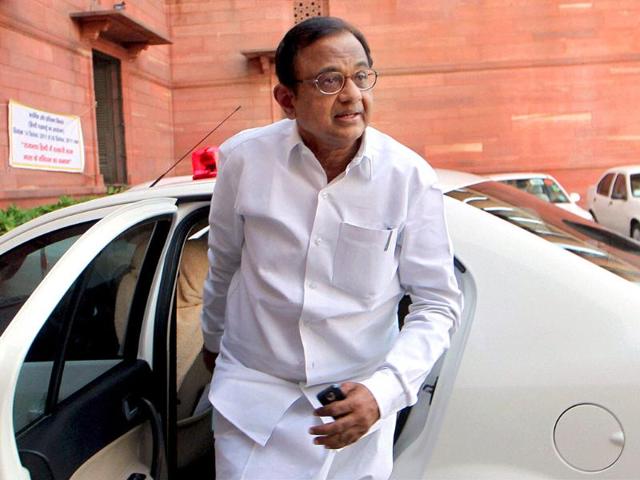Playing safe on terror
The National Counter-Terrorism Centre’s legal foundations must make no room for political mischief. Shishir Gupta writes.
The assembly poll verdict has underscored the importance of regional political parties in our federal polity. After the poor electoral show by the Congress in UP, Punjab and Goa, state chief ministers will like to test the Manmohan Singh government. The National Counter-Terrorism Centre (NCTC) will probably be the first target.

Set up by an executive office memorandum on February 3 this year, the counter-terrorism body has become the bone of contention between home minister P Chidambaram and state chief ministers belonging to opposition parties at the Centre, with the latter feeling that the NCTC encroaches on their law and order jurisdiction. Chidambaram was virtually asked by the prime minister last month to address their concerns after Odisha chief minister Naveen Patnaik first raised the red flag over foisting the NCTC on states without consulting the stake-holders. With powerful CMs like Narendra Modi, Nitish Kumar, J Jayalalithaa and Parkash Singh Badal jumping on the anti-NCTC bandwagon, Patnaik wants the PM to call a meeting of CMs to resolve the issue.
Forced to fend for himself despite the NCTC being cleared by the Cabinet Committee on Security (CCS), Chida-mbaram is peeved. The new body naturally flows out of amendments to the 2008 Unlawful Activities Prevention Act created after the 26/11 Mumbai attacks. The 2008 amendments were personally drafted by Chidambaram in consultation with the leader of Opposition in Rajya Sabha Arun Jaitley. The NCTC was proposed as part of the new security architecture on December 23, 2009 and the proposal put up before the CCS in April 2010. Yet it took the CCS nearly two years to clear the NCTC on January 12, 2012.
The Manmohan Singh government should take a deep breath before sitting down to give an all systems go to the NCTC. The reasons are manifold. First, there is disquiet among senior UPA ministers and Congressmen over the NCTC. A Cabinet minister argued that the body would make the home minister the most powerful person in the government. Second, given its nature, structure, objectives and powers, the NCTC will be still-born without the cooperation of the state governments. Can any NCTC team enter Azamgarh or Gorakhpur without the help or knowledge of local police? There would be riots.
Third, there is discomfort within the Intelligence Bureau (IB), as the NCTC could expose the premier agency to courts if equations go awry between the investigators and the local police in case there’s a shoot-out or an unfortunate custodial death. The Batla House encounter on September 19, 2008, against Indian Mujahideen terrorists happened on the basis of IB inputs. Had the NCTC been in existence at that point, the NCTC or IB would have been involved in the shoot-out with the Delhi Police coming into the picture much later, as envisaged in the NCTC law. The thought of being dragged to the court is enough to send shivers down the spine of the IB investigators.
Finally, the public record of even the American NCTC is nothing to write home about. It failed to detect the Nigerian ‘underwear bomber’ Umer Farouk Abdul Mutallab when he boarded the US-bound flight from Amsterdam on December 25, 2009. All this is not to say that the government should not have a cogent and prompt response to tackle terrorist threats. But there is a need for more due diligence on the NCTC. Better to have an institution with firm legal foundations than a half-baked one with the potential of serious political mischief.





